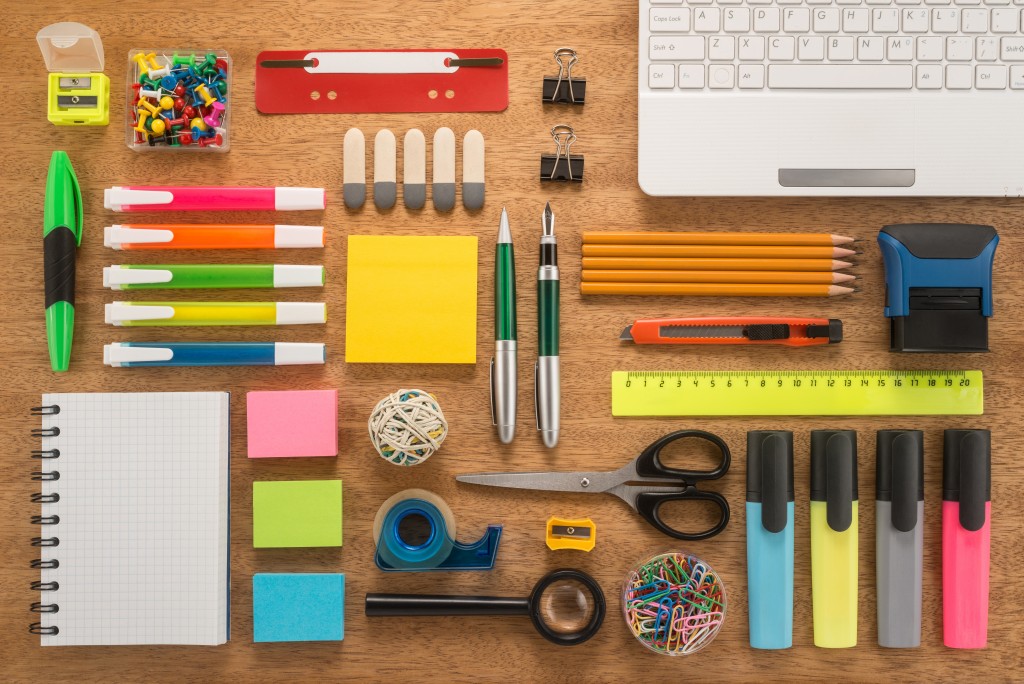Modern technology has impacted virtually every aspect of today’s world, and the cosmetics industry is no exception. In many ways, technology has changed how cosmetics are created, produced, and consumed. And if you want to keep up with the latest trends within the beauty industry, it’s crucial to be up-to-date on the technology driving it forward.
Here are some ways technology has revolutionized the cosmetics industry and how it continues to shape the future of beauty:
Social Media Platforms Such as Instagram & YouTube
Gone are the days of simply walking into a store and grabbing a product off the shelf without researching or reading reviews. Nowadays, consumers are likely to hop onto their favorite social media platforms and dig before making purchases. And brands are taking advantage of this by marketing their products on platforms like Instagram, allowing them to reach a broad audience and gain visibility.
In addition, influencers have become increasingly important in the cosmetics industry recently. Consumers now look to influencers such as makeup artists and YouTubers for advice when choosing beauty products—and brands use these influencers’ reach and credibility for advertising their products.
So, thanks to technology, the cosmetics industry has become more competitive and innovative. As a consumer, this innovation will allow you to make more informed decisions, from researching a brand’s values and ingredients to finding out what’s trending in the beauty world.
Augmented Reality (AR) Filters & Virtual Makeovers
The rise of augmented reality (AR) has significantly impacted the cosmetics industry. AR involves overlaying digital objects onto real-world environments to enhance the user experience. This innovation has allowed for some genuinely fascinating beauty apps and filters that will enable customers to try out different looks without applying the cosmetics themselves.
For example, AR apps such as Sephora’s Virtual Artist allow customers to try on different shades of makeup virtually before making their purchase decision—which helps shoppers save time and money by getting an idea of what will look best for them advance.
Additionally, virtual makeover tools can help customers experiment with different looks without having to commit to anything just yet—allowing them more freedom when experimenting with new looks or products.
By taking advantage of augmented reality, the cosmetics industry makes it easier for customers to purchase products that suit them best. Thus, technology not only brings convenience but also allows for more informed buying decisions in the beauty space.
3D Printing
The development of 3D printing has already begun to revolutionize the cosmetics industry. This technology allows for faster product development and customization, from creating unique packaging to producing small batches of cosmetics for new markets.
3D printing can also be used to create complex shapes and textures that are difficult to produce using traditional methods, such as intricate molds and lettering. This makes it easier for brands to deliver more innovative and unique products and create custom formulations tailored to individual customers.
One area where 3D printing is making a significant impact is the development of dental products. For instance, 3D printing can produce personalized dental implants that fit the patient’s mouth perfectly—allowing for a more accurate and comfortable fitting. With quality implants, patients are more likely to be satisfied with the results, helping to increase sales of dental products.
Utilizing 3D printing technology, companies in the cosmetics industry can create products that are more tailored to their customers’ needs. This opens up new possibilities for brands and provides another avenue to differentiate their products from the competition.

Data-Driven Personalization & Customization Services
Technology is also enabling companies and brands in the cosmetics industry to offer more personalized services than ever before. Because consumer demands are ever-changing, companies must be able to customize and personalize products quickly.
Data-driven technologies allow for this; they can track customer data to understand their needs and preferences, allowing for tailor-made products and services. For instance, companies such as Prose use data-driven personalization services that consider skin type, lifestyle habits, environmental conditions, and more when creating custom hair care formulas for each customer.
This ensures they get the most out of their products while also helping them save time and money by avoiding trial-and-error experimentation with different products. As a result, data-driven personalization has become an increasingly popular choice for customers in the beauty department.
Overall, technology has revolutionized the cosmetics industry by providing opportunities for innovation and personalization. By taking advantage of the latest technological advancements, brands can create exciting new products that meet their customers’ needs and bring convenience to the beauty space.


